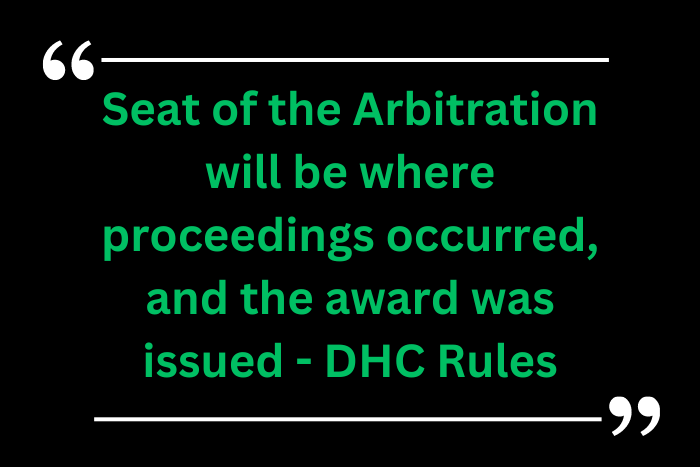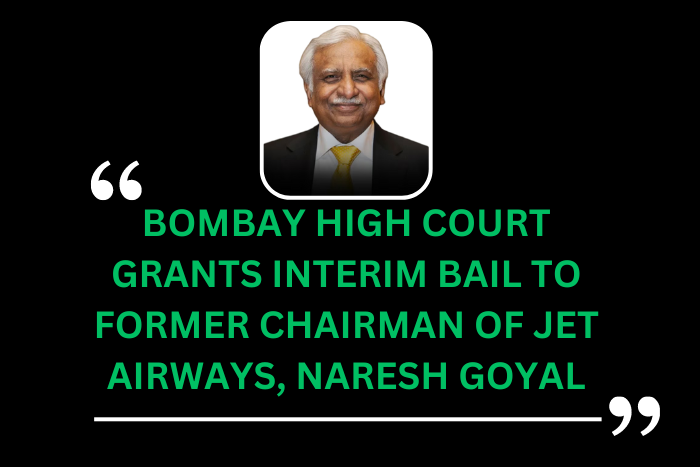On April 30, 2024, the High Court of Delhi (“DHC”) issued an interim injunction prohibiting the former CEO of Bharatpe Mr. Ashneer Grover from selling or transferring, or creating any third-party rights to his shares held in Bharatpe.
The BharatPe Co-founder Mr. Bhavik Koladia has plaintiff filed the present suit seeking a declaration of an injunction under Order XXXIX Rule 1 and 2 of the CPC against Mr. Grover, aiming to void a Letter Agreement for the sale of shares of his company to Ashneer Grover and cancel a share transfer form.
Facts of the Case
The Bhavik Koladia (“Plaintiff”) along with one Mr. Shashwat Nakrani were partners of a partnership firm – M/s EZY Services, which developed a payment platform under the trademark “BharatPe” in 2016. They later incorporated a company, where both held shares. In May 2018, Ashneer Grover (“defendant No. 1”) was employed as Chief Executive officer (“CEO”) of BharatPe and was offered a significant shareholding of 31.9% in the company. The shareholding was transferred for a consideration of Rs 10 per share. Thereafter, parties were engaged in raising funds including from the foreign investors. However, due to concerns about the plaintiff’s past legal issues in the US, the plaintiff agreed to transfer his shares to defendant No. 1 and another partner. The plaintiff and defendant No. 1 entered an agreement for the sale of shares at a consideration of Rs 5,500 per share, but defendant No. 1 failed to pay the agreed consideration. The plaintiff seeks to rescind the agreement and regain ownership of the shares. Defendant No. 1 contends that consideration was provided through various means, including housing and cash payments. Both parties dispute the terms and fulfillment of the agreement.
Submissions by the Parties
Mr. Gaurav Pachnanda, representing the plaintiff, argued that the Agreement clearly stipulated that property in the Suit Shares would pass to defendant No. 1 only upon payment of consideration, citing relevant clauses and provisions of the Sale of Goods Act, 1930 (“SoGA”). He pointed out that defendant No. 1’s own statements in the written statement indicated non-payment of consideration at the time of entering the Agreement and emphasized the inconsistency in defendant No. 1’s stance on the timing of payment.
On the other hand, Mr. Giriraj Subramanium, counsel for defendant No. 1, contended that the timing of payment stipulated in the Agreement was not of the essence to the contract, referencing SoGA provisions. He argued that the absence of consequences for breaching the stipulated time indicated that time was not critical. Mr. Subramanium highlighted circumstances like the execution of Form SH-4 and the delay in filing the suit as evidence that parties did not view time as essential. He also referred to the legal notice and paragraphs of the plaint to assert that the plaintiff’s own understanding implied flexibility in payment timing. He argued that SoGA provisions supported the passing of property to defendant No. 1 at the time of the Agreement, limiting the plaintiff’s rights to a suit for the price of the shares.
Mr. Pachnanda countered that the Agreement explicitly stated that property would not pass until payment, rendering Section 20 of SoGA inapplicable. He clarified that Sections 20 to 24 of SoGA would apply only if the Agreement did not express timing intentions, which was not the case here.
Observations by the DHC
The DHC observed that the key question was whether the plaintiff retained property in the Suit Shares due to unpaid consideration. The DHC noted that if the property had passed to defendant No. 1 upon execution of the Agreement, the plaintiff’s rights would be limited to recovering the agreed price, but if the property had not passed, the plaintiff could repudiate the transaction and claim the shares.
Upon analyzing the Agreement’s clauses, the DHC found that property in the Suit Shares would pass to defendant No. 1 only upon payment of consideration, as indicated by several clauses. The court emphasized that the absence of consequences for breaching the stipulated time for payment indicated that time was not critical to the contract. Additionally, the court noted that Sections 20 to 24 of the SoGA would not apply as the intention of the parties regarding property passing was evident from the contract.
The court dismissed defendant No. 1’s reliance on Sections 11 and 12 of SoGA, stating that the question was not whether the stipulation as to the time of payment was of the essence but whether property had passed. The court found defendant No. 1’s evidence of payment insufficient and deemed his plea vague and inconsistent.
Ultimately, the court concluded that the plaintiff had made a prima facie case for an injunction to restrain defendant No. 1 from selling or creating third-party rights in the Suit Shares. The court reasoned that the plaintiff would suffer irreparable loss if such rights were created at this stage and granted the injunction in favor of the plaintiff.
…
Contact us at hello@lawgacy.com to feature your firm’s deals, articles, columns, or press releases.


